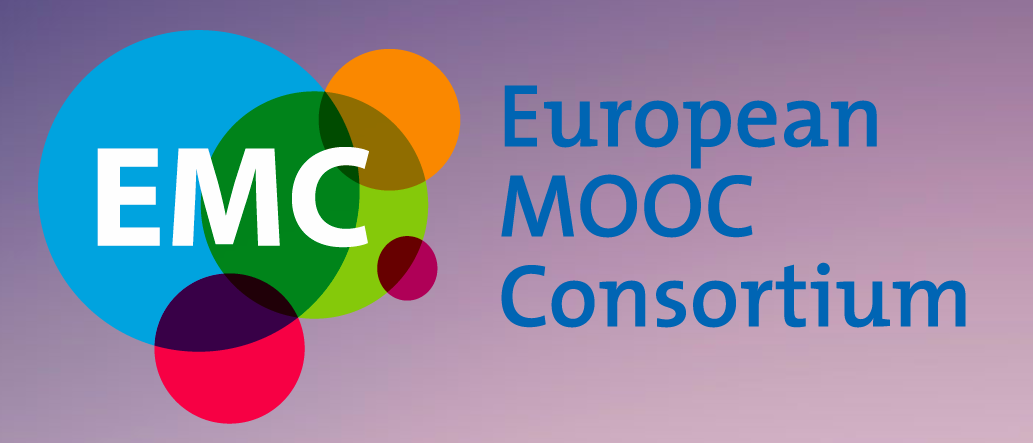Martin Weller has a thought-provoking editorial in the latest issue of JiME. He argues that many of the battles for open education have been won but that the movement now faces the challenge of balancing all kinds of different aims and aspirations. Is openness about freedom? Is this an argument about business models or a philosophy of education?
These questions are couched in a wider narrative about finding pathways through times of change (especially rapid change or revolution). We often only see the underlying patterns of historical forces in retrospect: as the philosopher Hegel tells us, the owl of Minerva ‘flies only at dusk’. Not only are the issues complex and conflated; there is also the small matter of the education publishing industry that is keen to protect billions of dollars of revenue. With all this is mind it can be hard to focus on the more prosaic problems we face on a day-to-day basis.
Martin appeals to the same ‘greenwashing’ analogy that Hal Plotkin used when I spoke with him in Washington DC earlier this year. Nowadays environmental friendliness has penetrated the mainstream so successfully it can be hard to recall the way many corporations and lobbyists fought against a small environmental movement. Brands are more than happy to present themselves as ‘green’ where before they denied the value of such a thing. Their redefinition is known as ‘greenwashing’ and shows how a message can be co-opted by organisations which would appear at first to be excluded. Can we say the same thing about open education as commercial providers become ‘providers of OER’?
Martin does a great job of showing why ‘battle’ might be an appropriate metaphor for what’s going on. In the case of open access publishing, for instance, incumbent publishers want to preserve profits but open models have allowed new entrants into the market. These new publication models are immediately thrust into challenges of scale and sustainability that can make it hard to preserve the openness that was the original impetus.
I won’t try to present any more of the argument here – it’s well worth reading in full. But here’s the conclusion for the gist of it:
Openness has been successful in being accepted as an approach in higher education and widely adopted as standard practice. In this sense it has been victorious, but this can be seen as only the first stage in a longer, ongoing battle around the nature that openness should take. There are now more nuanced and detailed areas to be addressed, like a number of battles on different fronts. After the initial success of openness as a general ethos then the question becomes not ‘do you want to be open?’ but rather ‘what type of openness do you want?’ Determining the nature of openness in a range of contexts so that it retains its key benefits as an approach is the next major focus for the open education movement.
Open approaches complement the ethos of higher education, and also provide the means to produce innovation in a range of its central practices. Such innovation is both necessary and desirable to maintain the role and function of universities as they adapt. It is essential therefore that institutions and practitioners within higher education have ownership of these changes and an appreciation of what openness means. To allow others to dictate what form these open practices should take will be to abdicate responsibility for the future of education itself.
[Reblogged from http://www.open.ac.uk/blogs/openminded/?p=1098]




Leave A Comment